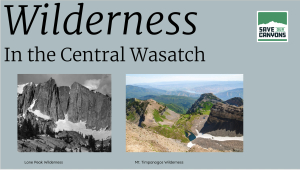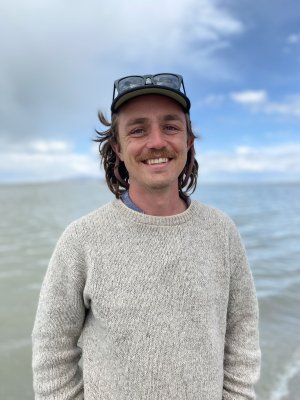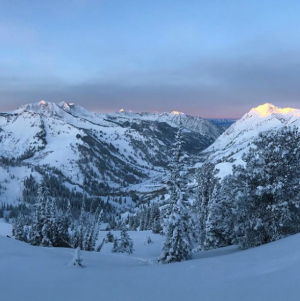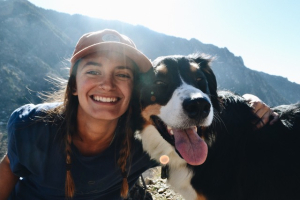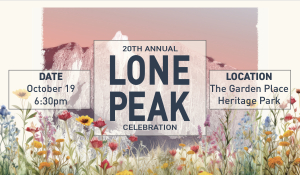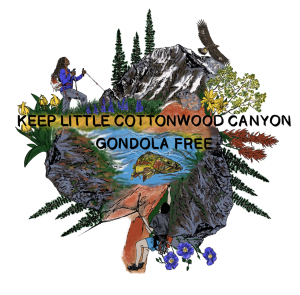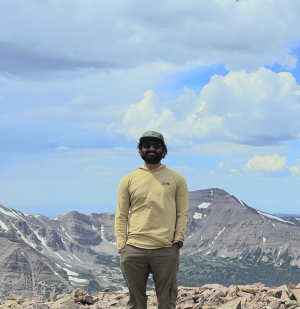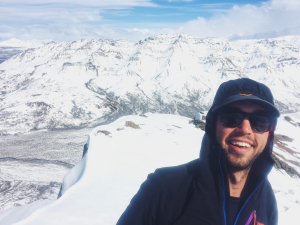Grace Tyler
January 27, 2025
Central Wasatch Symposium Recap - Wilderness In The Central Wasatch
Published in
Save Our Canyons Blog
September 18, 2024
Update: Save Our Canyons' Lawsuit Against UDOT Over the Proposed Gondola
Published in
Save Our Canyons Blog
July 23, 2024
20th Annual Lone Peak Celebration
Published in
Latest News & Action Alerts
July 08, 2024
Save Our Canyons NEW Merchandise
Published in
Save Our Canyons Blog
March 13, 2024
Welcome Our New Executive Director
Published in
Latest News & Action Alerts
January 31, 2024
Say No To S.B. 172 Protection Areas Revisions
Published in
Latest News & Action Alerts

